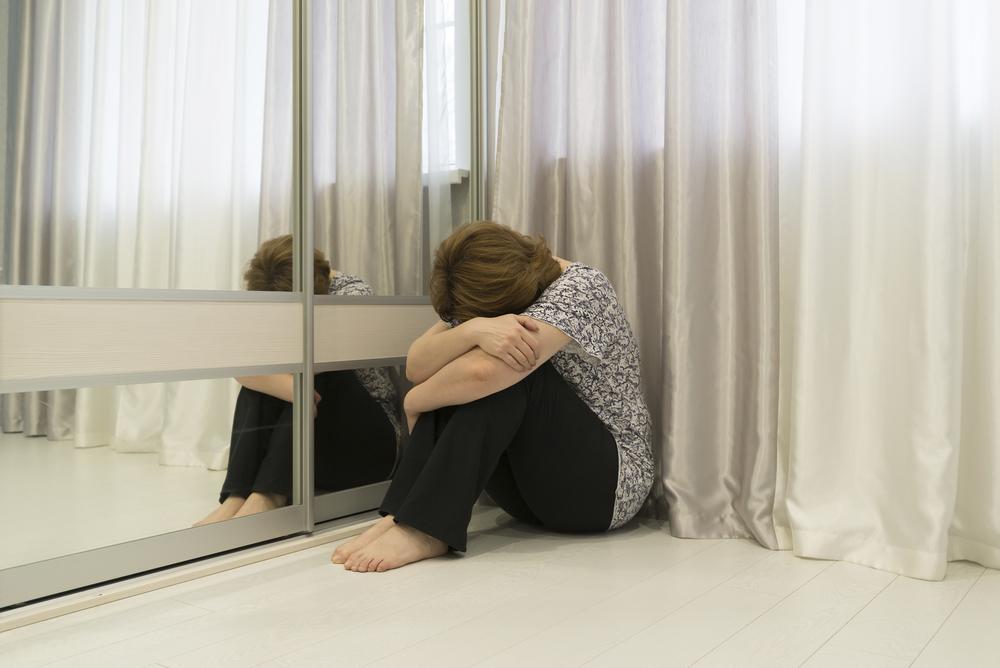Identifying Critical Symptoms of Major Depression and How to Seek Help
Depression is a widespread mental health disorder that affects millions worldwide. Recognizing its key signs—such as persistent sadness, loss of interest, sleep issues, and physical pains—is crucial for early treatment. This comprehensive guide explores how depression impacts mental and physical health and offers insights into seeking timely help. Early diagnosis and intervention can significantly improve recovery outcomes, making awareness and understanding essential. Whether for individuals experiencing symptoms or loved ones supporting them, knowing these signs is vital for promoting mental wellness and reducing stigma.

Identifying Critical Symptoms of Major Depression and How to Seek Help
Depression, also known as major depressive disorder, is a complex mental health condition that affects millions of people worldwide each year. This condition goes far beyond feeling sad occasionally; it is a persistent and often debilitating illness that can significantly impair daily life, relationships, and overall well-being. Recognizing the key signs of depression early on is crucial to seek timely intervention and receive appropriate treatment. The disorder manifests through numerous symptoms that can sometimes be subtle or mistaken for temporary mood swings, which makes awareness and understanding more vital than ever.
Depression influences both the mental and physical aspects of an individual's health. It can lead to a profound sense of hopelessness, loss of interest or pleasure in activities once enjoyed, and possible physical symptoms such as fatigue, sleep disturbances, and appetite changes. These symptoms often intertwine, complicating diagnosis and delaying treatment. Therefore, understanding the spectrum of signs and symptoms is essential for individuals experiencing them and for loved ones who may notice changes in their behavior or mood.
In this comprehensive guide, we will delve into the common and subtle signs of depression. Recognizing these early can significantly improve recovery chances and quality of life by encouraging early intervention. The condition often coexists with other health issues, making mental health awareness a crucial aspect of overall health management.
How Depression Affects Mind and Body
Depression doesn't just impact mood; it exerts a wide-reaching influence on the body's functions. Emotional symptoms include persistent feelings of sadness, emptiness, and despair. Physically, individuals may experience fatigue, aches, or unexplained pains. Cognitive functions such as concentration, decision-making, and memory can also decline, making even simple tasks feel overwhelming. Sleep patterns often become irregular—either difficulty falling asleep, frequent awakenings, or oversleeping. Appetite may fluctuate, leading to weight changes and nutritional deficiencies. Some individuals develop somatic symptoms like migraines or muscle pain, reflecting the deep connection between mental and physical health.
Moreover, social withdrawal is both a symptom and consequence of depression. The desire to isolate oneself intensifies feelings of loneliness and despair, hampering recovery efforts. Recognizing the interplay between these physical and mental symptoms is essential for creating effective treatment plans and supporting affected individuals.
Prolonged feelings of sadness or emptiness
Loss of interest or pleasure in favorite activities
Sleep disturbances such as insomnia or hypersomnia
Difficulty concentrating or making decisions
Persistent feelings of guilt, worthlessness, or hopelessness
Understanding these signs can help those experiencing depression or their loved ones take proactive steps. If these symptoms persist for more than two weeks, seeking professional medical help from a psychiatrist, psychologist, or primary care doctor is essential. Early diagnosis and treatment can lead to significant improvement and prevent serious consequences such as worsening health or suicidal thoughts.
Remember, depression is a treatable disorder. With the right combination of therapy, medication, lifestyle modifications, and social support, individuals can regain control of their lives. Raising awareness about the symptoms and removing stigma associated with mental health are vital steps toward encouraging more people to seek help promptly.





